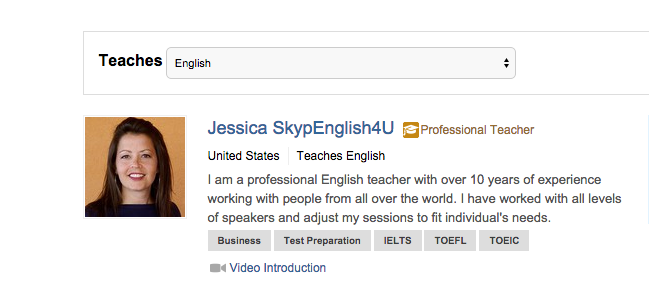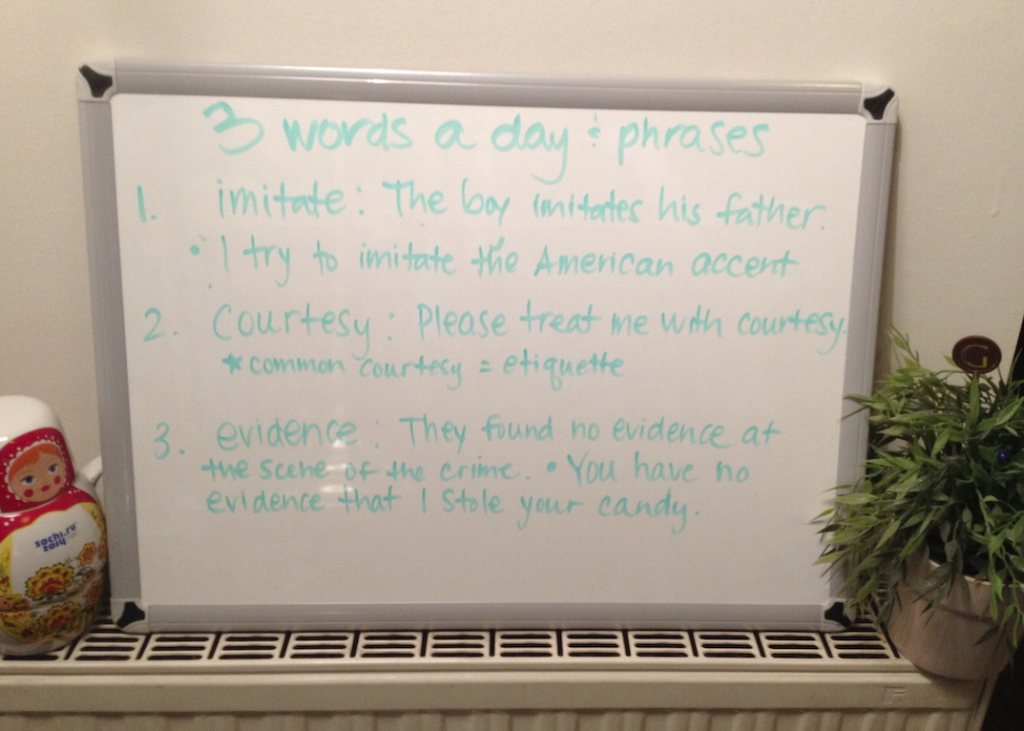I HATE the Time Limits on TOEFL / IELTS Exams!
Most students find the time limits on the English exams like TOEFL and IELTS to be one of their major stress points.
Unfortunately these time limits are here to stay, so you need to prepare yourself the best you can to be ready to face them when it comes time to take the exam.
The first step is to know what to expect. I have worked with students who took one of these exams and had never practiced using a time limit. EEK!
IELTS
The IELTS exam has four parts – Listening (30 minutes), Reading (60 minutes), Writing (60 minutes) and Speaking (11–14 minutes). The entire test takes 2 hours and 45 minutes.
During my IELTS prep sessions with students, we focus on the speaking and/or writing portion of the exam (that is decided by you!)
Part 2 of the IELTS speaking exam is the only portion of the speaking section that has a time limit. Many students like to focus on practicing this section of the exam, because the time limit stresses them out.
- Part 1 (4-5 minutes)- the examiner will ask you general questions about yourself and a variety of other topics- usually dealing with daily life.
- Part 2 (3 minutes) – the examiner will give you a card which asks you to talk about a particular topic. You will have 1 minute to prepare and then up to 2 minutes to give your response.
- Part 3 (4-5 minutes)- you will be asked additional questions about the topic in Part 2. These is a more free flowing portion of the exam and a chance for you to discuss more abstract ideas.
TOEFL
As with the IELTS, the TOEFL exam has four parts – Listening (60-90 minutes), Reading (60-80 minutes), Writing (50 minutes) and Speaking (20 minutes). The whole process usually takes about 4.5 hours to complete.
The TOEFL Ibt is taken completely using a computer, so the time limits are always shown to you on the screen.
- Task 1 & 2 – Independent Speaking Questions – Preparation time = 15 seconds, Response time = 45 seconds
- Task 3 & 4 – Integrated Reading, Listening and Speaking Questions – Reading time = 45 seconds, Preparation time = 30 seconds, Response time = 60 seconds
- Task 5 & 6 – Integrated Listening and Speaking Questions – Preparation time = 20 seconds, Response time = 60 seconds
How can I prepare for these horrible time limits?
There is only one answer. PRACTICE
- Do English exam preparation with a teacher online
- Practice using the time limit speaking to a friend. Even if your friend can not understand English (!!) they can start and stop the timer so you can get a feeling for the time limit.
- Answer the questions OUT LOUD to yourself (in the mirror if you are feeling brave) using your mobile phone timer.
While you are giving your answer…
- Use your preparation time wisely
- Take notes that focus on key points of your answer
- Be sure to speak in a calm and smooth manner
- Stay focused
Feeling prepared before you take the exam can really help with your anxiety about the time limits and the general stress of taking a test.
To feel prepared, you must feel confident with your English level. It all comes down to how well you have prepared yourself in a well rounded manner.
Contact me and I’ll help you plan out your English exam preparation!






